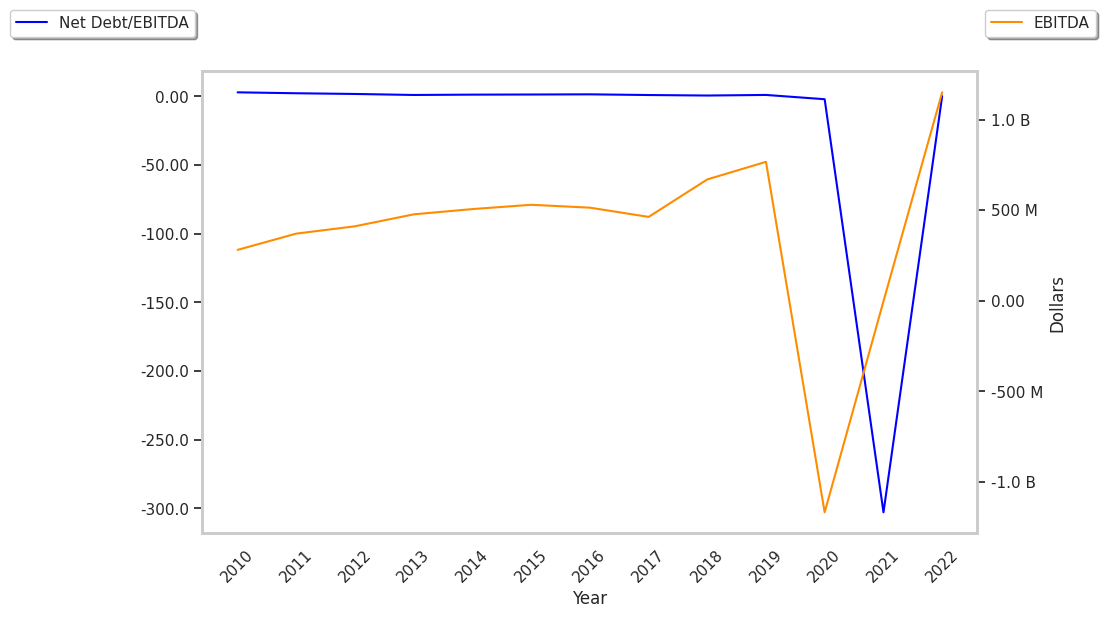Standing out among the Street's worst performers today is Live Nation Entertainment, a leisure company whose shares slumped -3.5% to a price of $135.29, 15.97% below its average analyst target price of $161.01.
The average analyst rating for the stock is buy. LYV underperformed the S&P 500 index by -4.0% during today's afternoon session, but outpaced it by 37.8% over the last year with a return of 50.3%.
Live Nation Entertainment, Inc. operates as a live entertainment company worldwide. The company is a consumer cyclical company, whose sales figures depend on discretionary income levels in its consumer base. For this reason, consumer cyclical companies have better sales and stock performance during periods of economic growth, when consumers have more of an incentive to spend their money on non-essential items.
Live Nation Entertainment's trailing 12 month P/E ratio is 46.0, based on its trailing EPS of $2.94. The company has a forward P/E ratio of 46.0 according to its forward EPS of $2.42 -- which is an estimate of what its earnings will look like in the next quarter. As of the third quarter of 2024, the average Price to Earnings (P/E) ratio for US consumer discretionary companies is 20.93, and the S&P 500 has an average of 29.3. The P/E ratio consists in the stock's share price divided by its earnings per share (EPS), representing how much investors are willing to spend for each dollar of the company's earnings. Earnings are the company's revenues minus the cost of goods sold, overhead, and taxes.
When we subtract capital expenditures from operating cash flows, we are left with the company's free cash flow, which for Live Nation Entertainment was $1.08 Billion as of its last annual report. This represents the amount of money that is available for reinvesting in the business, or for paying out to investors in the form of a dividend. With its strong cash flows, LYV is in a position to do either -- which can encourage more investors to place their capital in the company. Over the last four years, the company's free cash flow has been growing at a rate of 49.1% and has on average been $661.28 Million.
Value investors often analyze stocks through the lens of its Price to Book (P/B) Ratio (its share price divided by its book value). The book value refers to the present value of the company if the company were to sell off all of its assets and pay all of its debts today - a number whose value may differ significantly depending on the accounting method. Live nation entertainment's P/B ratio is 290.96 -- in other words, the market value of the company exceeds its book value by a factor of more than 290, so the company's assets may be overvalued compared to the average P/B ratio of the Consumer Discretionary sector, which stands at 2.93 as of the third quarter of 2024.
Since it has a higher P/E ratio than its sector average, a higher than Average P/B Ratio, and generally positive cash flows with an upwards trend, Live Nation Entertainment is likely undervalued at today's prices. The company has mixed growth prospects because of an above average PEG ratio and weak operating margins with a positive growth rate. We hope you enjoyed this overview of LYV's fundamentals. Be sure to check the numbers for yourself, especially focusing on their trends over the last few years.



